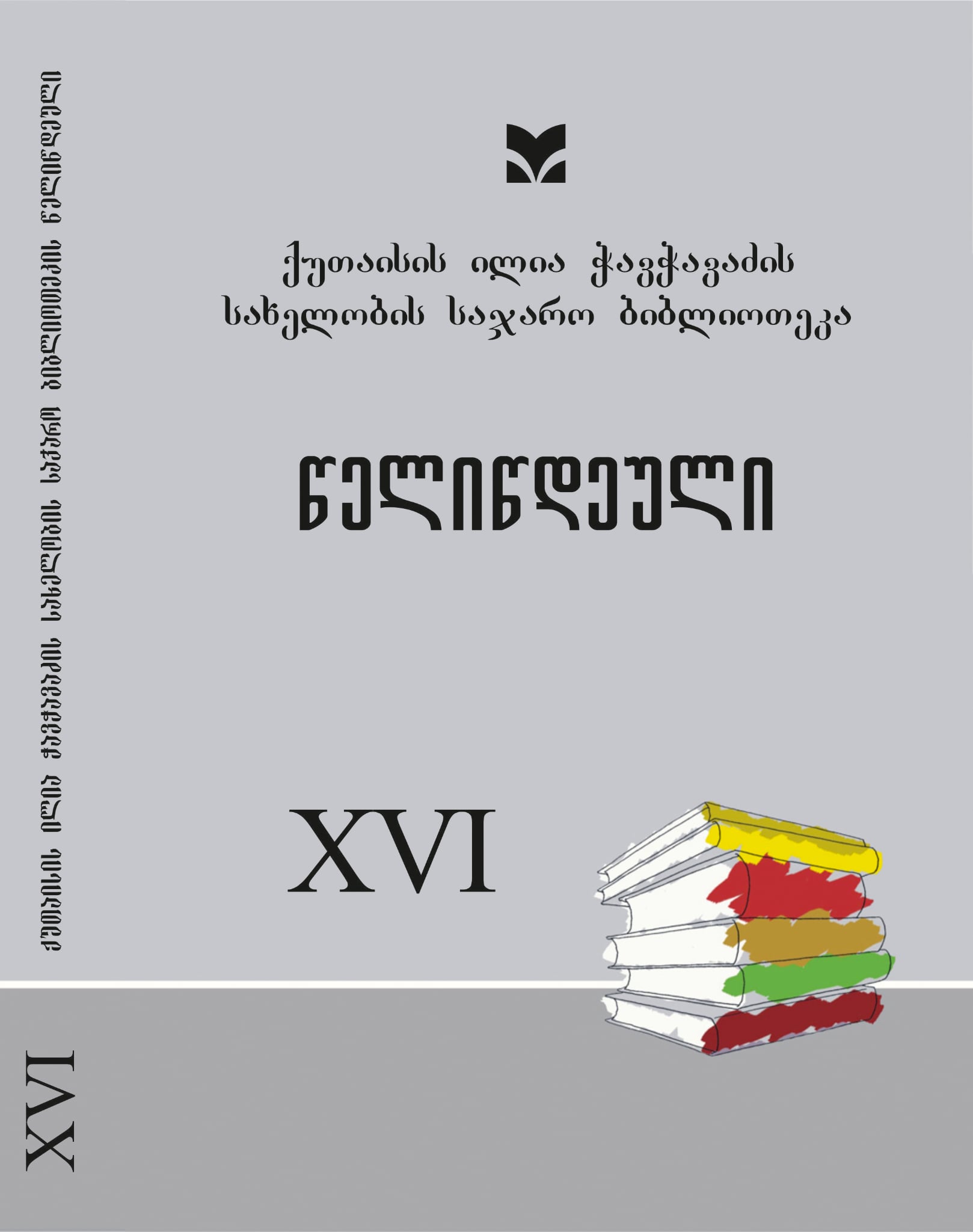Kakutsa Cholokashvili in Georgian Novels and Publicist Writings (Based on Rostom Chkheidze’s novel „Black Chokha“ and Shalva Amirejibi’s letters)
DOI:
https://doi.org/10.61491/yk.16.2024.9387Keywords:
The 1924 uprising, Rostom Chkheidze’s novel „Black Chokha“, Shalva Amirejibi’s letters, letters about Kakutsa CholokashviliAbstract
Kakutsa Cholokashvili, a national hero of Georgia, is recognized as a symbol of twentieth-century Georgian independence and the struggle for freedom. Under the Soviet regime, his figure could scarcely appear in literary texts, with the exception
of émigré literature and the poetry of his contemporary, Mikha Khelashvili. As is well known, during the 1990s, Cholokashvili became an emblematic source of inspiration for the national liberation movement, and subsequently his figure was incorporated into mainstream Georgian literature. A prime example is Rostom Chkheidze’s biographical novel „Black Chokha“, in which the historical context aligns fully with the author’s literary intent: to present historical figures as phenomena regulating the national conscience. The novel demonstrates the biographical form as an effective medium for exploring a character’s intellectual world and restoring disrupted national memory. Because the author relies on historical facts and demonstrates a thorough understanding of Georgia’s socio-political context during Cholokashvili’s life, this study also examines Shalva Amirejibi’s publicist letters, which recount notable
facts about Cholokashvili and highlight his significance in the struggle for state independence. This dual approach allows us to appreciate not only the psychoemotional impact of the novel but also the broader importance of Cholokashvili’s persona in shaping national and state-oriented thought.




